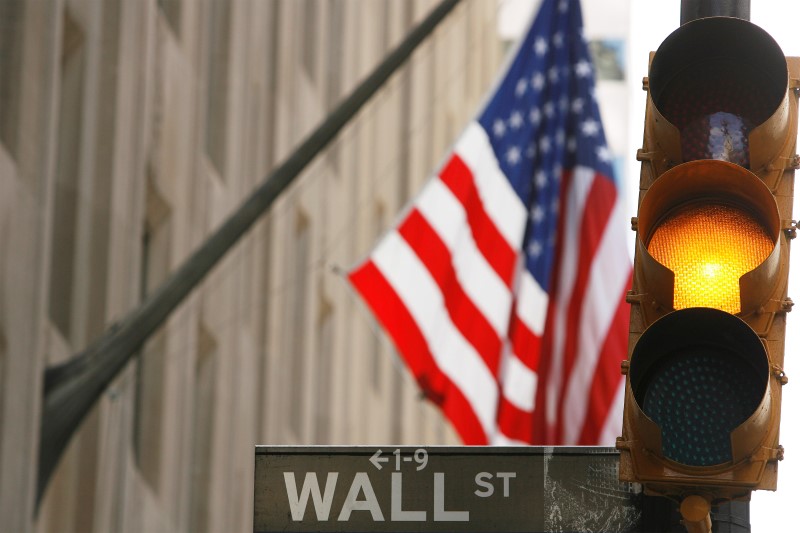Investing.com– U.S. stock index futures fell slightly on Wednesday evening as Wall Street cooled from record highs, with in-line consumer inflation data cementing expectations for a December interest rate cut.
Futures steadied after Wall Street indexes- particularly the Nasdaq- hit a record high during the session, with technology stocks rallying sharply on the prospect of lower rates in the near term. Tesla Inc (NASDAQ:) hit a record high, while market darling NVIDIA Corporation (NASDAQ:) surged over 3%.
Focus was now on upcoming producer inflation data due on Thursday, and the Federal Reserve’s December meeting next week.
fell 0.1% to 6,085.75 points, while fell 0.2% to 21,754.0 points by 18:29 ET (23:29 GMT). fell 0.1% to 44,167.0 points.
CPI data cements December rate cut bets
data showed inflation rose at its fastest pace in seven months in November. But the reading was largely in line with expectations, quelling some concerns that it would overshoot estimates.
This furthered bets that the Fed will cut interest rates by 25 basis points when it meets next week. Traders were seen pricing in a 98.1% chance for a cut next week, up sharply from the 81% chance seen last week, according to .
Focus is now on data, due on Thursday, which comes less than a week before the Fed’s final meeting for the year.
While the central bank is widely expected to , investors are less certain about its long term outlook on rates, especially in the face of sticky inflation.
Expansionary and protectionist policies under incoming President Donald Trump are also expected to drive up prices.
Wall St buoyed by tech gains
Wall Street was cheered by the prospect of lower rates in the near-term, with technology stocks rising the most. Speculation over less regulatory scrutiny towards the sector under Trump also spurred gains in tech, as did sustained optimism over artificial intelligence.
The surged 1.8% to a record high of 20,033.61 points, while the rose 0.8% to 6,084.19 points.
The lagged, falling 0.2% to 44,148.56 points. The index was weighed chiefly by losses in major insurance and pharmacy benefit manager stocks, after lawmakers introduced a bipartisan bill to force health insurers to divest their pharmacy businesses.


